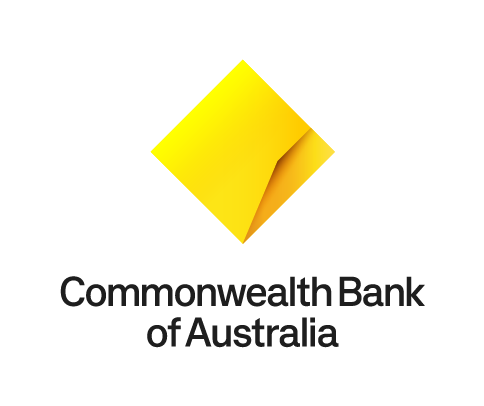In this webinar, Josh and the expert panel covered the issues when buying a home in the US for Australians including the complexities of real estate financing in the US, particularly in New York City, and the importance of seeking professional advice for expats.
Key points included the importance of having a buyer's agent, the role of credit scores, and the differences between co-ops and condos. Financial preparation involves understanding mortgage types, such as 30-year fixed and adjustable rate mortgages, and the impact of property taxes. The process of buying a home can take 60-90 days, with additional time for co-op board approval. Refinancing options were also discussed, highlighting the benefits of adjustable rates. The panelists emphasized the need for pre-approval and thorough legal and financial due diligence.
Introduction and Overview of the Webinar
- Josh Pugh introduces himself and the purpose of the webinar, focusing on issues affecting expats in the US.
- The webinar is titled “Buying Property in the US as an expat: Advice for an Australian's new home.”
- Josh outlines the four main categories to be covered: immigration and relocation basics, financial preparation and lending, the home buying process, and legal and logistical aspects.
- Josh mentions the availability of a Q&A option and encourages participants to submit questions.
Introduction of Panelists
- Josh introduces Rob Schlederer, a licensed associate real estate broker at Compass, highlighting his extensive experience and role in the process.
- Jesse Cohn, Special Counsel at HH and K Attorneys in New York, is introduced, focusing on the transaction side of real estate, including representing buyers and sellers.
- Keith Furer, VP of Sales at Guard Hill Financial LLC, is introduced, emphasizing his expertise in finance, rates, loans, and lenders.
Overview of the Home Buying Process
- Josh divides the webinar into four categories: immigration and relocation basics, financial preparation and lending, the home buying process, and legal and logistical aspects.
- Josh flags the importance of seeking tax professional advice, as the panelists are not tax professionals.
- Rob Schlederer provides an overview of the home buying process, emphasizing the differences between the US and Australia, particularly the role of brokers.
Financial Preparation and Lending
- Keith Furer explains the concept of Guard Hill Financial and the different types of lenders, including banks and mortgage brokers.
- Keith discusses the importance of credit scores and the process of building credit in the US.
- Rob Schlederer and Keith Furer highlight the differences in credit management between the US and Australia.
Legal and Logistical Considerations
- Jesse Cohn discusses the legal aspects of buying a home, particularly for non-US citizens, and the importance of understanding tax implications.
- Jesse emphasizes the need for due diligence when dealing with co-ops and the potential challenges in getting approved by the co-op board.
- Rob Schlederer and Jesse Cohn discuss the costs involved in the home buying process, including broker fees, closing costs, and property taxes.
Home Buying Process and Market Dynamics
- Rob Schlederer explains the process of working with a buyer's agent and the importance of having a team to coordinate the process.
- Rob discusses the current market conditions, including the impact of low inventory and rising interest rates.
- Keith Furer and Rob Schlederer discuss the different types of mortgages available, including fixed-rate and adjustable-rate mortgages.
Refinancing and Long-Term Strategy
- Keith Furer explains the process of refinancing a mortgage and the benefits of adjustable-rate mortgages.
- Rob Schlederer and Keith Furer discuss the importance of having a long-term strategy when buying a home and the potential for property values to double every 7-10 years.
- The panelists emphasize the need for buyers to be prepared and informed about the market conditions and the home buying process.
Closing Remarks and Q&A
- Josh Pugh thanks the panelists for their time and expertise.
- Josh mentions the availability of follow-up information and encourages participants to engage with the panelists.
- The webinar concludes with a brief Q&A session, addressing additional questions from participants.















